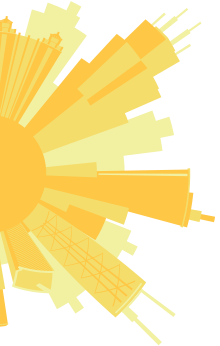Higher education is no longer just about learning how to think. Consumers are demanding a much more actionable framework that quickly teaches them how to do, so they can apply hard skills in the workplace. Recognizing this, higher education innovators have been bringing a host of Massive Open Online Course (MOOC) models to market.
The best of higher education is now available on demand.
MOOCs give students unlimited access to higher education online courses, but at a fraction of the cost that normal students pay and with the ability to participate from the comfort of their home. Some companies partner with reputable institutions such as Duke, Harvard, MIT and UPENN to bring the highest levels of education to just about anyone in the world with internet access.
Coursera, Mogul and Stanford Online are all taking a shorter, modular approach to education, making it easier for students of all ages, backgrounds and education levels to drill into topics that are most relevant to them. This type of programming allows students to exponentially decrease their investments of time and money, and walk away with precisely the skills they need.
MOOCs provide students with an education suited to their needs.
Coursera offers “stackable” programs, so their users can hand-select the classes that match their interests, take several courses that combine for a certificate, or take the complete set of required courses for completion of a Master’s Degree. Stanford Online features free courses taught by Stanford faculty, spanning topics from Greek Mythology to Big Data, even with “self-paced” and “self-study” options.
It almost sounds too good to be true, and at least one school is challenging the effectiveness of this model.
Online higher education programs have varying degrees of success.
Penn’s Graduate School of Education conducted a study of 1 million students participating in 16 MOOCs offered by Penn professors through Coursera. They found that only about half of the people who register for MOOCs even open a single lecture, and only an average of 4% of enrollees actually see the courses through to completion. In some cases, course completion was less than 2%.
This begs the question – Do students really gain the same superior quality of education via an online program that they do when in a face-to-face environment? And will employers recognize the value of this out-of-the-box style of education in the same way they do for participants who have a fully immersive, on-campus experience?
The jury is still out on those questions as we continue to see higher education marketing evolve. But there is one thing we can be certain of – education technologies are changing and online learning is here to stay. In a world obsessed with customization, we will continue to see low-cost or free, bite-sized educational offerings emerge, sending their users back to work with just-in-time knowledge and skills to make an immediate impact.




